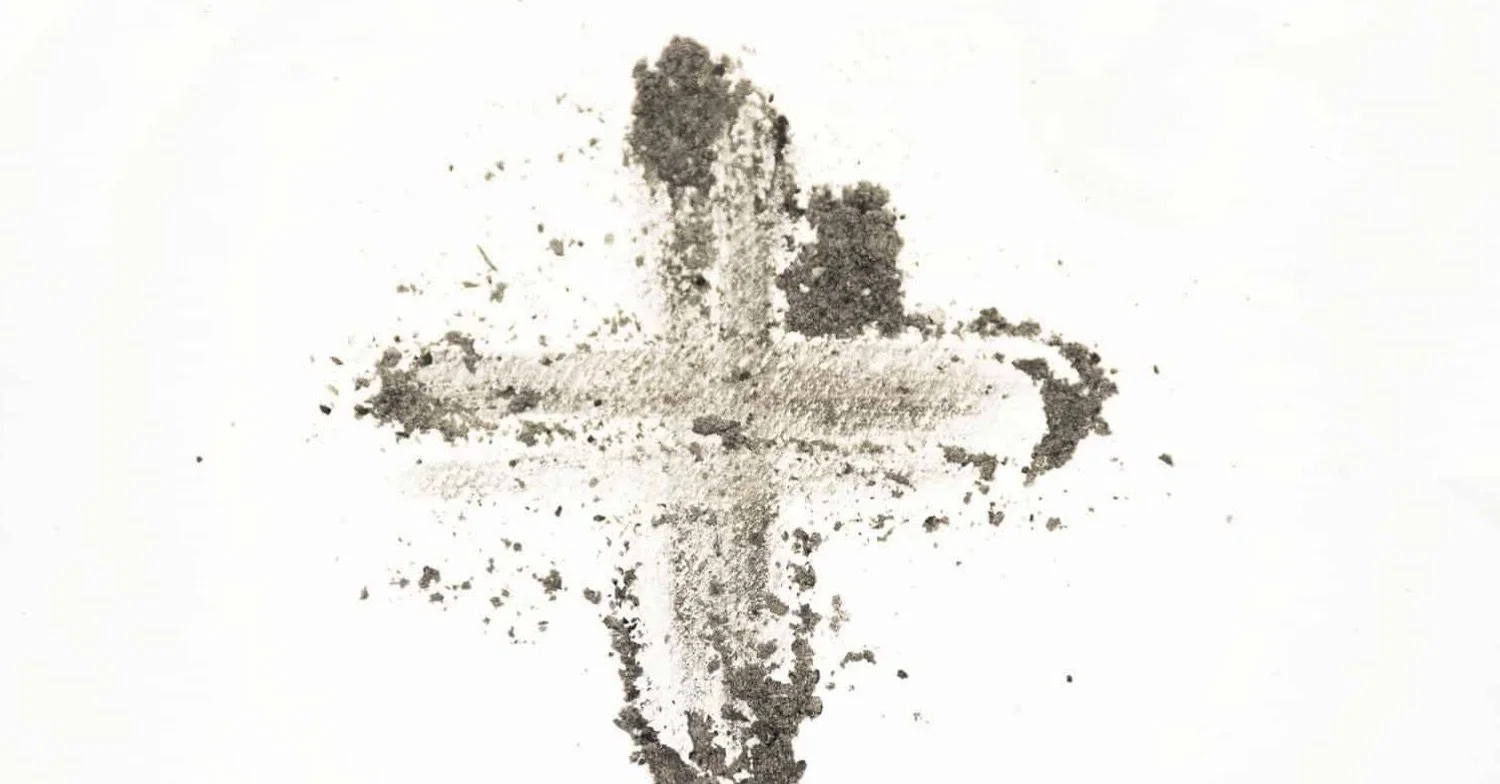An Ash Wednesday Reflection
Genesis 3:19
By the sweat of your face
you shall eat bread
until you return to the ground,
for out of it you were taken;
you are dust,
and to dust you shall return.’
The passage I just read is taken from God monologuing Adam and Eve’s punishment for eating of the forbidden fruit in the Garden of Eden. Along with discovering feelings of fear and shame, along with discovering pain and turning mortal, God tells them they will have to labor and toil to make their food, that by the sweat of their face they will have to make their bread.
Do you remember when the covid lockdown began— when we were all looking for ways to pass the time inside our homes—the sourdough craze began. It seemed that everyone was making sourdough starters and perfecting their bread baking skills. People were slowing down, they were avoiding crowded grocery stores and markets. It was one part of the pandemic that seemed to bring people a little joy, that seemed to inspire people’s creativity and build new skillsets.
While many people have certainly continued their baking and still have sourdough starters alive and well in their kitchens, the vast majority of people, I think, (myself included, I confess) have found themselves back in the temptations and easy comforts of convenience.
There is, I think, a blessing in what people call the “curse” of Adam and Eve, a blessing in the supposed punishment for humanity’s recklessness; but thanks to our own human ingenuity and perceived need for convenience and immediate availability, our unnatural drive to have everything at our fingertips when we want it, the blessing of this alleged curse has been lost. As Kendall Vanderslice, the founder of the Edible Theology Project writes, “…the first mention of bread in Scripture comes alongside these statements about the Curse. Since the beginning, bread has been a blessing from God offered to humanity even in the face of a broken creation.” It is thanks to this toil and this labor that we may sit for a moment and enjoy something that has been fermented, mixed, kneaded, risen, and baked by our own hands. It is thanks to this labor that we have a moment to stop and taste the ingredients mixed together by our endlessly creative creator and to relish both the rest and the miracle—the miracles of our hands and God’s creation.
For a moment we are able to savor that bread, with some salted butter, or some infused olive oil, or with a sunny egg, dripping it’s yoke all over our tired hands. For moments at a time, in between the toil, we get a moment to appreciate what we have been given in the midst of brokenness and cruelty. We are able to experience moments of peace in the midst of a storm. We are able to experience moments of joy in the midst of mourning. It is easy to forget that we can find peace in the storm when we aren’t forced to think about where our food comes from; when we no longer take the time to sew our own clothes, or even mend them; when we no longer wait with baited breath for a letter from a loved one across the country; when we no longer have to wait for tomorrow’s printed newspaper to know what happened overnight in our town or even across the world. It’s easy to just be always caught up in the storm when everything, every piece of news, every new trend, every new crisis, is being thrown at us nonstop.
I wonder, if for Lent this year, as we ponder temporality, our own mortality, our own fleeting time on this beautiful and strange planet, if we can slow down. I wonder if during Lent, and hopefully beyond Lent, if we can take the time to savor the good as we confess that we are far too tempted by convenience to take in what is truly important in this world.
This Sunday, we will hear about Jesus being tempted in the desert. And when the devil encourages him to turn the stones that surround him into bread with his God-given powers, Jesus quotes Deuteronomy saying, “One does not live by bread alone.” One does not—because we are given both the work and the blessing of baking bread; of savoring the toil, the time, and at long-last the taste and the sustenance.
Love and appreciate the sweat of your face that it takes to make something, that it takes to understand the science and the blessing of something, in spite of our short time on this planet— or rather, because of our short time on this planet.
We don’t have much time. So let’s slow down and really understand and think deeply about how the world works, and how strong our patience and our faith must be in it… Let’s slow down and recognize what really matters. Amen.
